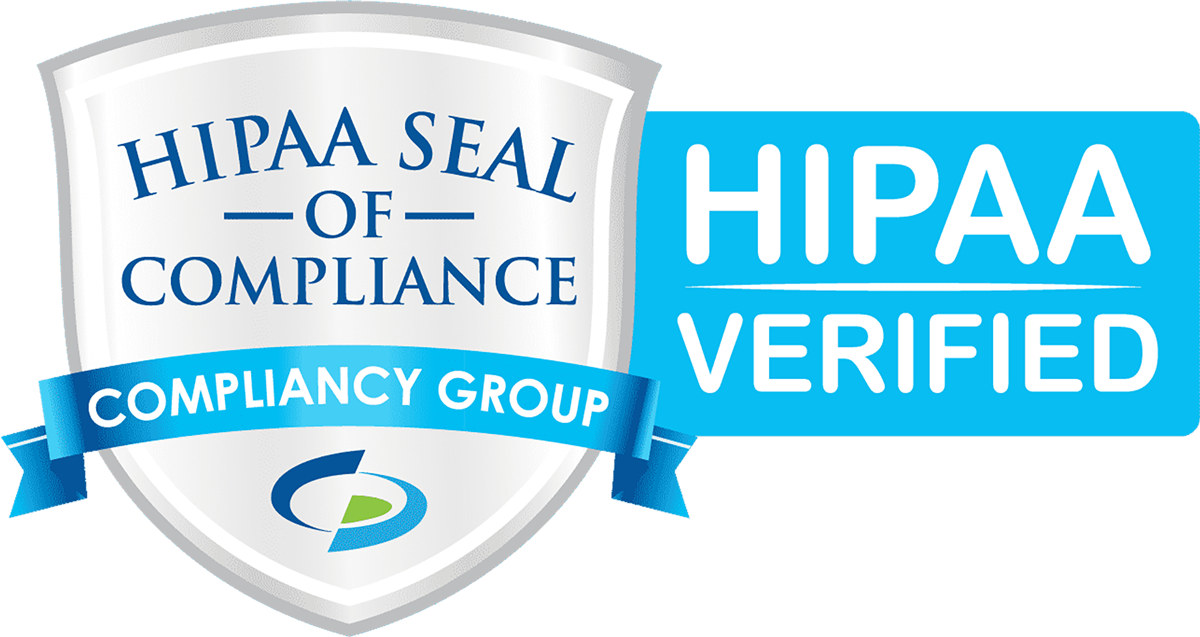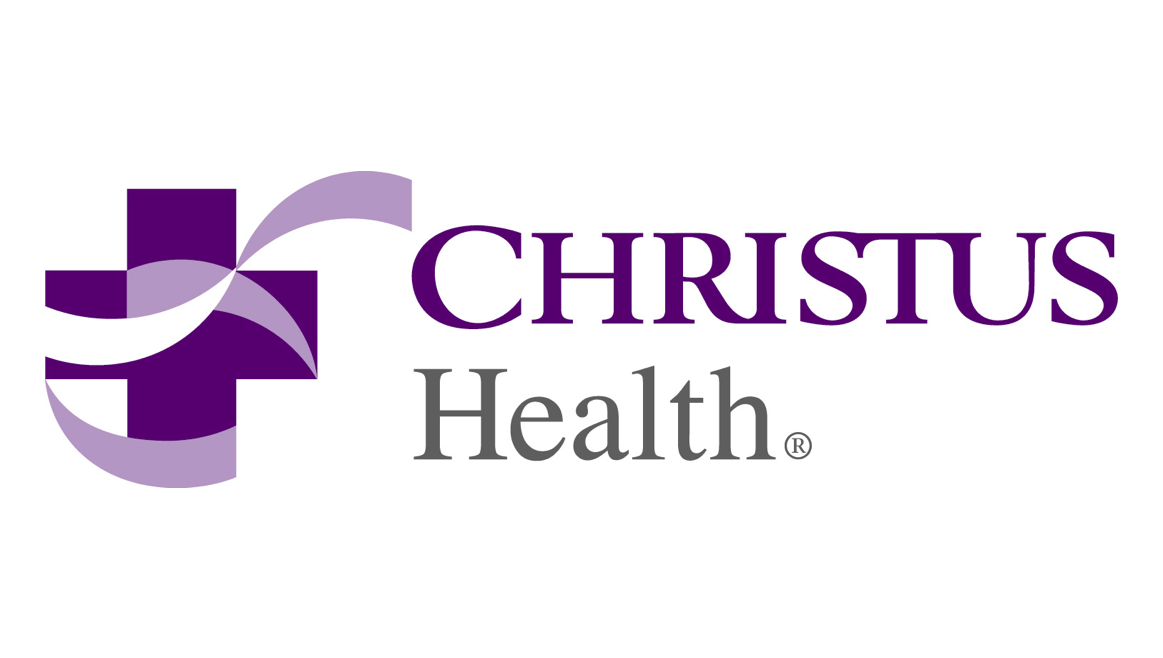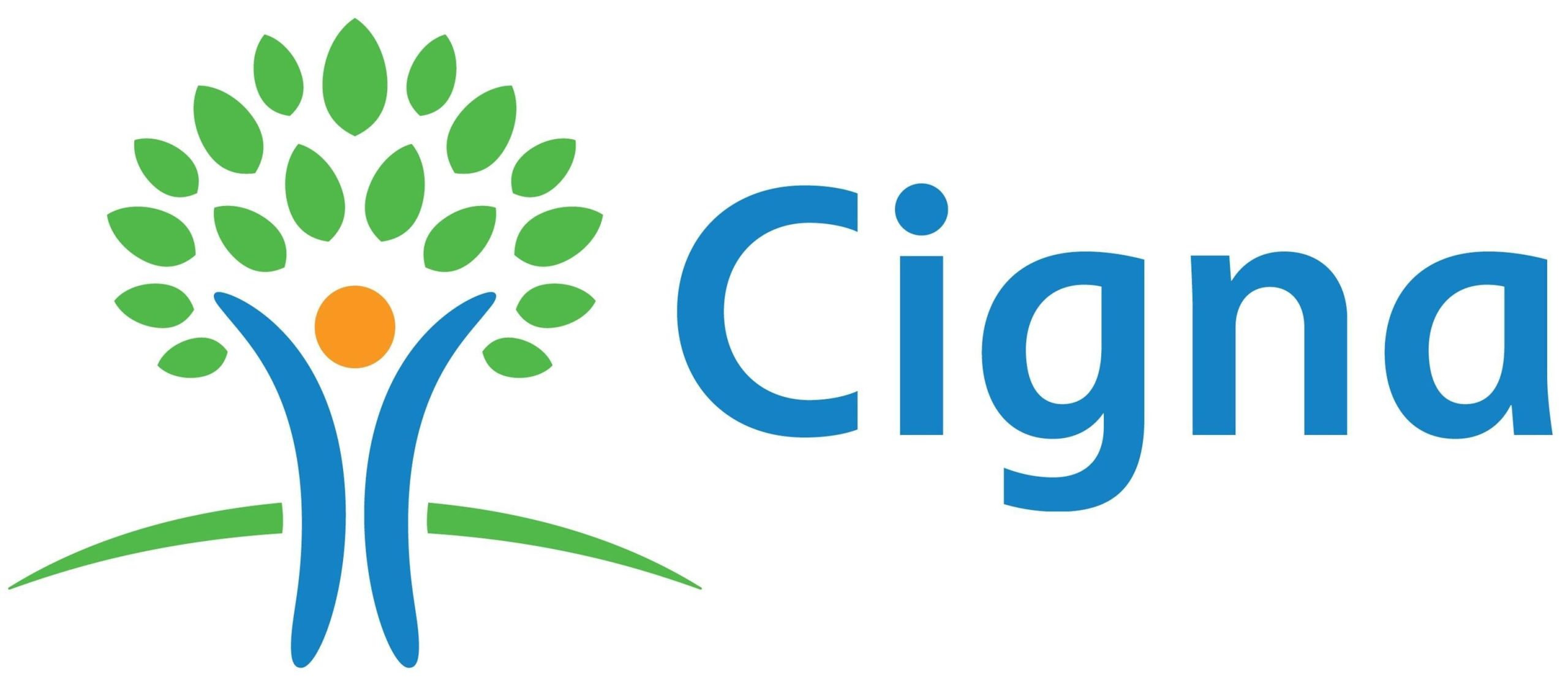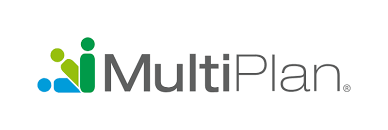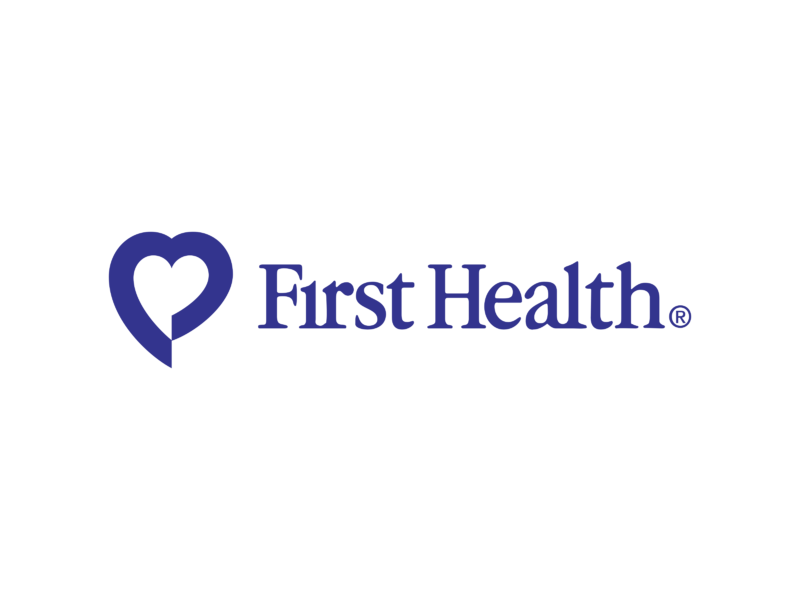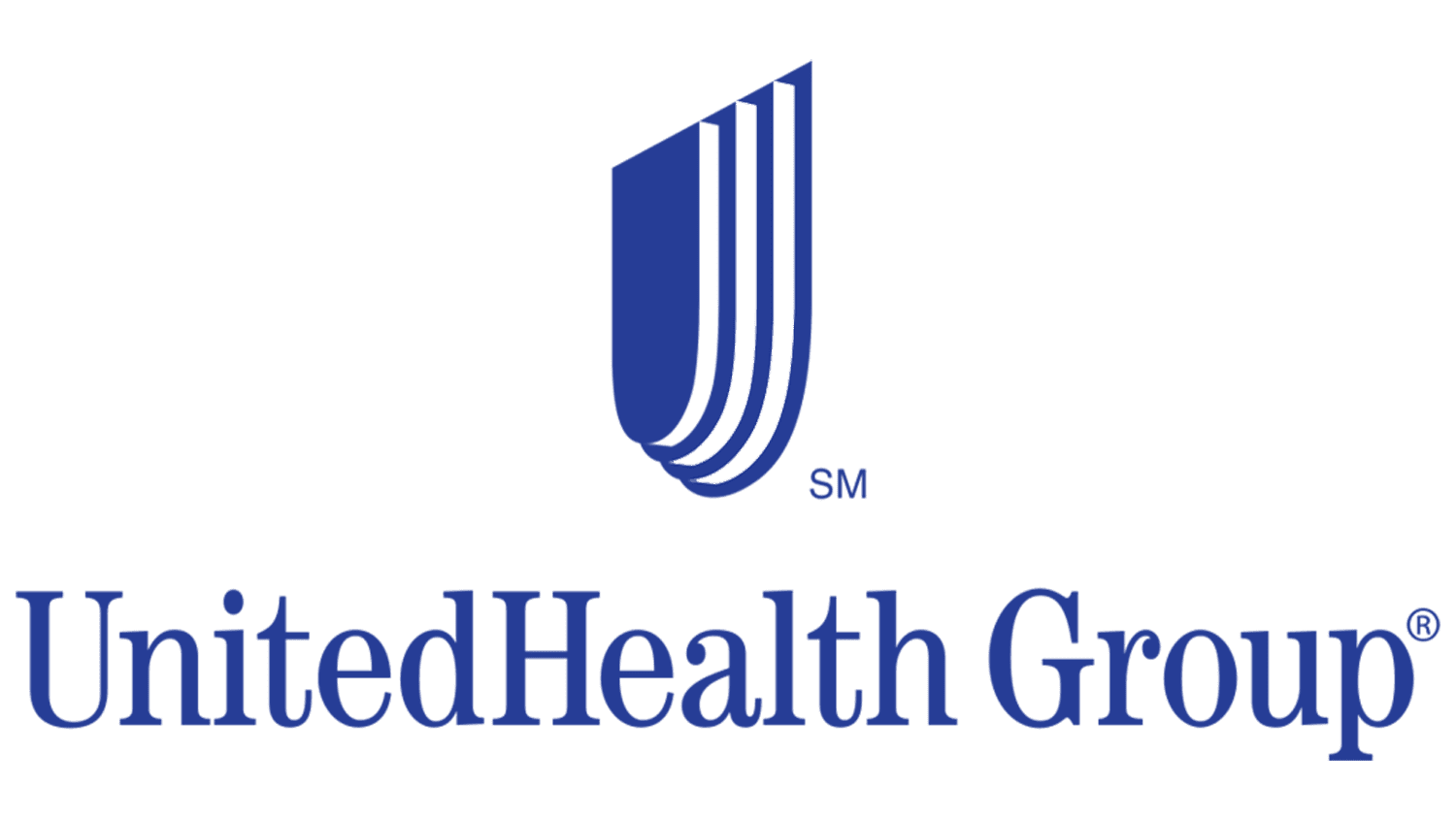Introduction to IOPs
Understanding Intensive Outpatient Programs
Here at Bright Path Program, we understand that seeking help for mental health and substance abuse can be a daunting step. Our Intensive Outpatient Programs (IOPs) are designed to offer a flexible yet structured approach to treatment, allowing individuals to receive the care they need while continuing with their day-to-day activities. IOPs can last anywhere from two weeks to over three months, depending on the severity of the addiction and progress made in treatment.
An IOP provides a therapeutic environment where individuals participate in various activities such as psychoeducation, skills groups, individual therapy, and occupational therapy. This structured schedule helps patients create healthy management skills for when they are discharged from the program.
Benefits of Choosing an IOP
Choosing an intensive outpatient program (IOP) comes with numerous benefits that promote long-term recovery and personal growth. At Bright Path Program, participants build new habits, learn coping skills, and develop healthier behaviors. The structured environment of IOPs provides a stable routine, essential for those who need to establish a clear treatment path.
The therapeutic structure of IOPs includes various daily activities, which are designed to equip patients with the tools they need to manage their health post-treatment. Here are some key benefits:
- Supportive Community: Group therapy is a central focus of IOPs. Patients find peer support, share experiences in a nonjudgmental setting, and learn coping skills from experienced therapists.
- Comprehensive Care: IOPs provide intensive care, helping individuals transition from inpatient programs or build upon previous therapeutic progress. This allows patients to continue their healing process while returning to their daily activities.
- Flexible Schedule: The flexibility of IOPs means individuals can maintain their daily responsibilities while still receiving rigorous mental health support.
- Personal Growth: IOPs encourage personal improvement and the development of long-term sobriety, promoting a healthier lifestyle.
These benefits make IOPs an effective choice for individuals seeking a balanced approach to mental health and substance abuse treatment. For more details on how our program works, explore our pages on day programming and partial hospitalization program.
Structure of IOPs
The structure of an intensive outpatient program (IOP) is fundamental to its effectiveness in treating mental health and substance abuse issues. Here, we will discuss the duration and frequency of these programs, as well as the various components that make up an IOP.
Duration and Frequency of IOPs
The duration and frequency of our intensive outpatient programs are tailored to meet the individual needs of each participant. Generally, an IOP can last anywhere from two weeks up to three months, or even longer, depending on the severity of the condition and the progress made during treatment.
In terms of weekly commitment, programs typically run three to five days per week, with each session lasting between two and five hours per day. This schedule allows participants to receive intensive treatment while still maintaining their daily responsibilities, such as work or school.
For a more gradual transition out of an IOP, some individuals may shift to day programming or transitional independent living options.
Components of Intensive Outpatient Programs
A comprehensive IOP consists of several key components designed to support individuals on their road to recovery. These components ensure that each participant receives a well-rounded and effective treatment experience.
- Individual Therapy: Intensive one-on-one sessions with a licensed therapist focus on uncovering personal issues and developing coping skills. Therapies such as cognitive behavioral therapy, dialectical behavior therapy, and EMDR therapy are commonly used.
- Group Therapy: Group sessions provide a supportive environment where participants can share their experiences and learn from others. This fosters a sense of community and reduces feelings of isolation. Groups may focus on specific topics such as drug addiction treatment or depression treatment.
- Educational Workshops: These workshops cover various topics, including stress management, relapse prevention, and the development of healthy habits. They aim to equip participants with the knowledge and skills needed for long-term recovery.
- Support Groups: Peer support groups focus on building good social skills and finding mutual support. These groups are a key component of ongoing recovery.
- Additional Services: IOPs may offer additional services such as job-finding assistance, family counseling, and holistic therapies.
To ensure the best possible outcome, each IOP is carefully structured to address the unique needs of its participants. For further reading on the range of therapies and treatments available, consider exploring our resources on bipolar disorder treatment, anxiety disorder treatment, and obsessive compulsive disorder treatment.
By understanding the structure and components of an IOP, individuals can make informed decisions about their treatment options and work towards a healthier, more fulfilling life.
Therapy in IOPs
Intensive Outpatient Programs (IOPs) offer a structured and supportive treatment environment for individuals dealing with mental health and substance abuse issues. A key component of IOPs is the inclusion of both group and individual therapy sessions.
Group Therapy in IOPs
At Bright Path, we emphasize the importance of group therapy for our intensive out-patient program. Group therapy sessions provide an opportunity for individuals to build new friendships, create support networks, and engage in guided conversations with a therapist. These sessions play a crucial role in demonstrating to participants that they are not alone in their recovery journey.
Group therapy fosters peer interactions and mutual encouragement, helping participants find support from others who face similar challenges. In a nonjudgmental setting, patients can comfortably share their experiences and learn coping skills. These sessions, guided by experienced therapists, provide education on topics such as relapse prevention and life skills training.
Individual Therapy in IOPs
Individual therapy sessions are another vital element of our intensive out-patient program. These one-on-one sessions allow for personalized attention and tailored treatment plans. During individual therapy, therapists work closely with patients to address specific issues, set realistic goals, and monitor progress.
Individual therapy is particularly effective for developing a deeper understanding of personal challenges and identifying unique triggers. Our therapists use evidence-based approaches, such as cognitive behavioral therapy and dialectical behavior therapy, to provide targeted support. These sessions are designed to complement group therapy, offering a comprehensive treatment plan that encompasses both collective and individual needs.
Both group and individual therapy sessions in our IOPs aim to provide holistic support for mental health and substance abuse. Our commitment at Bright Path is to ensure that our patients receive the best possible care tailored to their unique needs, facilitating a path toward long-term recovery. For more information on transitioning to less intensive programs, visit our section on day programming.
Personalized Treatment in IOPs
Tailoring Treatment Plans
At Bright Path Program, we understand that every individual’s journey to recovery is unique. This is why we prioritize individualized treatment plans in our Intensive Out-Patient Program. Participants receive education on topics such as relapse prevention and life skills training, attend group therapy sessions multiple times per week, and engage in individual counseling sessions.
Our team works closely with our clients to develop personalized treatment plans that cater to their specific needs. These plans are designed to address the root causes of mental health and substance abuse issues. They might include a combination of therapies such as cognitive behavioral therapy or emdr therapy, depending on the client’s individual requirements. Regular assessments ensure that treatment remains relevant and effective.
Monitoring and Adjusting Progress
The success of our Intensive Out-Patient Program lies in our continuous monitoring and adjustment of treatment plans. Throughout the treatment process, our therapists and case managers keep a close eye on the progress of each client. Based on these observations, we make necessary adjustments to optimize recovery outcomes.
Key Components of Monitoring:
- Regular Assessments: Conducted weekly to evaluate physical, emotional, and psychological progress.
- Feedback Mechanisms: Clients provide input through self-assessment tools, which are reviewed by therapists.
- Case Management: Case managers hold bi-weekly reviews to discuss goals and adjustments needed.
| Monitoring Component | Frequency |
|---|---|
| Regular Assessments | Weekly |
| Feedback Mechanisms | Ongoing |
| Case Management Reviews | Bi-weekly |
As clients progress through different stages of treatment, their plans evolve to continue meeting their needs. For example, someone initially receiving dialectical behavior therapy may transition to more specialized support like borderline personality disorder treatment or schizoaffective disorder treatment.
By constantly tailoring treatment plans and actively monitoring progress, we help our clients move closer to recovery. This dynamic approach aims to support long-term success and a seamless transition to our day programming or other follow-up care options like partial hospitalization programs.
Virtual IOP Options
Advantages of Virtual IOP Services
Our Virtual Intensive Outpatient Program (IOP) services have revolutionized access to mental health and substance abuse treatment. We offer these virtual services through secure platforms, making it possible for participants to receive professional care from the comfort of their homes. Key advantages of virtual IOP services include:
- Enhanced Accessibility: Virtual IOP eliminates geographical barriers, making it easier for individuals in remote or underserved areas to access treatment.
- Continued Routine: Participants can maintain their daily responsibilities, such as work, school, and family obligations, while receiving comprehensive care.
- Safety and Comfort: Virtual sessions offer a safe alternative to in-person treatment, particularly during times of public health concerns like COVID-19.
- Privacy: Conducting sessions from home ensures a private and confidential environment for those seeking help.
For a more detailed understanding of the structure and components of our IOPs, you can visit our section on Components of Intensive Outpatient Programs.
Accessibility and Flexibility
The flexibility and accessibility of virtual IOPs provide significant benefits for individuals unable to attend in-person sessions. Here’s a breakdown of the factors that make our virtual IOPs an attractive option:
| Factor | Benefit |
|---|---|
| Scheduling | Sessions can be scheduled around work, school, and family activities, offering a flexible approach to treatment. |
| Mobility | No need for commuting, enabling participants to engage in therapy from any location with internet access. This is particularly beneficial for those in rural areas. |
| Cost-effective | Saves on travel expenses and time, often making treatment more affordable. |
| Continuity of Care | Enables uninterrupted treatment during times of travel, relocation, or health crises. |
We ensure our virtual approach aligns with our commitment to providing world-class mental health and substance abuse treatment. The flexibility of our IOP allows patients to continue their important roles while receiving professional care. Learn more about the advantages of our virtual services in managing conditions like depression and anxiety.
By embracing these innovations, we aim to make our Intensive Outpatient Programs more reachable and adaptable to individual needs. For more details on how virtual IOP services can support your path to recovery, explore our Virtual IOP Services.
Transitioning and Maintenance
Moving from IOP to Outpatient Programs
At Bright Path Program, we understand that transitioning from an Intensive Outpatient Program (IOP) to an outpatient program is a crucial step in your recovery journey. Clients who have successfully completed stages 1 and 2 of their treatment in the IOP level of care can step down to outpatient treatment programs. This transition marks the beginning of stage 3—maintenance.
Outpatient programs typically offer fewer sessions per week compared to IOPs, providing 1 to 2 sessions per week as opposed to the 3 to 5 sessions offered by IOPs (NCBI Bookshelf). Despite the reduced frequency, outpatient programs offer a range of services including medical appointments, family therapy sessions, psychotherapy, and employment counseling. This setup allows clients to continue their progress while integrating recovery into their daily lives.
The primary goal during this stage is to focus on maintenance. Clients work on developing recovery skills, preventing relapse, and addressing personal, relationship, employment, and legal issues. For more information on our outpatient programs, visit day programming.
| Program Type | Sessions per Week | Key Services |
|---|---|---|
| Intensive Outpatient Program (IOP) | 3 – 5 | Substance abuse counseling, therapeutic sessions |
| Outpatient Program | 1 – 2 | Medical appointments, family therapy, psychotherapy, employment counseling |
Focus on Long-Term Recovery
Long-term recovery requires sustained effort and commitment, and at Bright Path Program, our focus is to ensure that clients have the tools and support they need. During the maintenance stage, clients are encouraged to build on the gains made during IOP and continue to strengthen their recovery skills.
One of the key components of long-term recovery is the development of relapse prevention strategies. This involves recognizing triggers, implementing coping mechanisms, and creating a robust support network. Clients are also encouraged to address any underlying issues that could potentially interfere with their recovery, such as co-occurring disorders. Resources such as cognitive behavioral therapy and dialectical behavior therapy are available to assist clients in this process.
Maintenance also includes regular monitoring and adjustment of treatment plans. This ensures that clients remain on track and receive support as their needs evolve. Our comprehensive approach focuses on individualized care, allowing each client to make progress at their own pace. For those interested in continuous support, our transitional independent living program provides an excellent option.
At Bright Path Program, we are dedicated to empowering you on your journey towards long-term recovery. Our range of services and personalized approach ensure that you are well-equipped to embrace a healthier, substance-free life. For additional information on our services, please visit our pages on drug addiction treatment and depression treatment.

